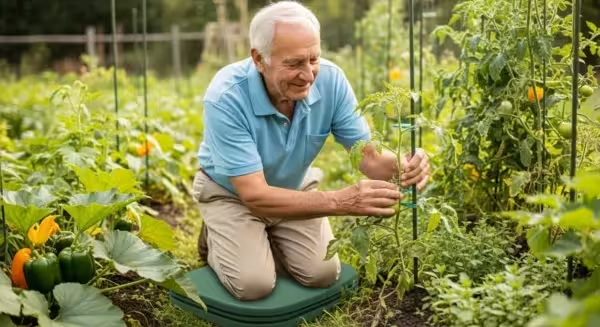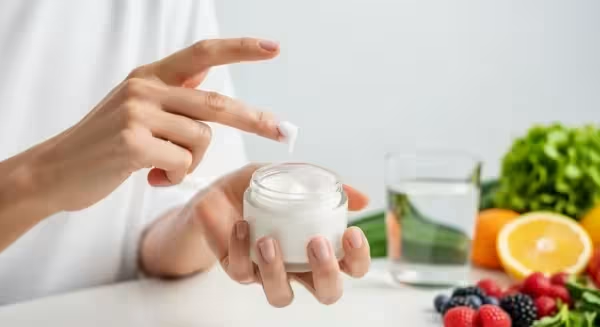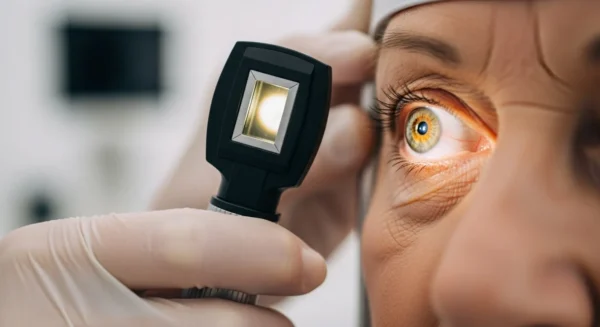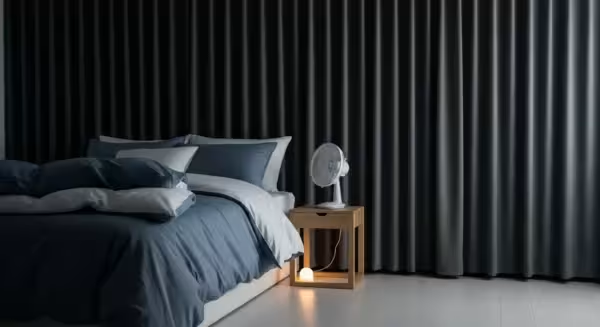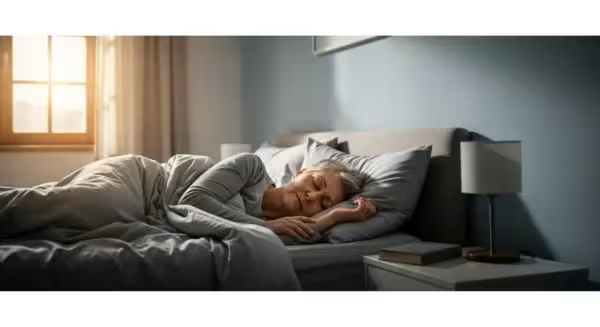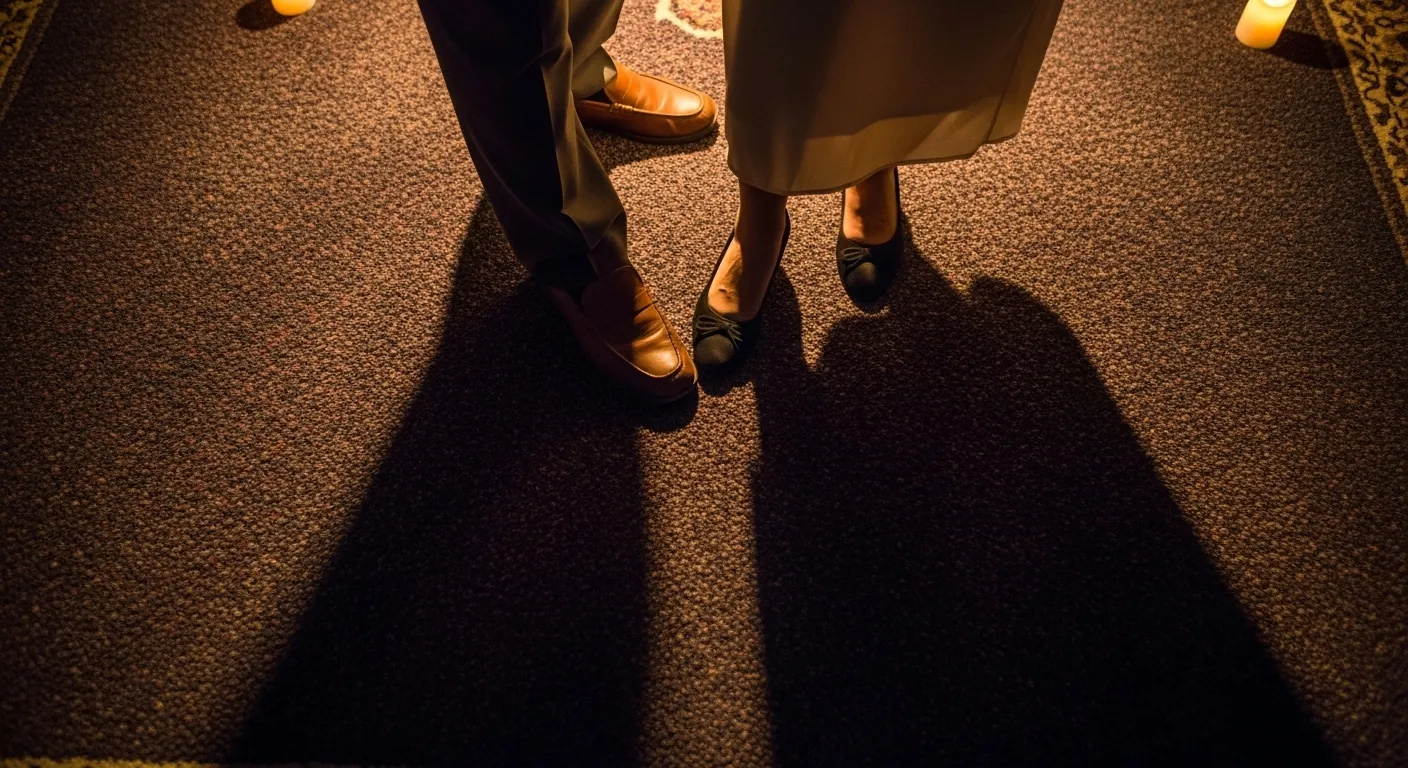
Practice 7: Prioritizing Sleep Hygiene
As we age, our sleep patterns can change. It might become harder to fall asleep or stay asleep. However, quality sleep is not a luxury; it’s a biological necessity for healthy aging. Sleep hygiene refers to the routines and environment that are conducive to restful sleep. It’s an often-overlooked area of senior wellness that can have a massive impact on your daytime energy, mood, and cognitive function.
Understanding the Benefits: During sleep, your body and brain repair themselves. Good sleep strengthens the immune system, consolidates memories, and helps regulate appetite and mood. Chronic poor sleep is linked to a higher risk of falls, dementia, obesity, and heart disease.
How to Practice Safely: Creating a consistent, relaxing bedtime routine is key.
- Stick to a Schedule: Go to bed and wake up at roughly the same time every day, even on weekends. This helps regulate your body’s internal clock.
- Create a Restful Environment: Make sure your bedroom is dark, quiet, and cool. Use blackout curtains or an eye mask if needed. A white noise machine can help block out disruptive sounds.
- Power Down Electronics: The blue light from TVs, tablets, and phones can interfere with the production of melatonin, the sleep hormone. Turn them off at least an hour before bed.
- Avoid Stimulants: Limit caffeine and alcohol, especially in the afternoon and evening. While alcohol might make you feel sleepy initially, it disrupts sleep later in the night.
Consult a Doctor If: Despite practicing good sleep hygiene, you consistently have trouble sleeping, wake up gasping for air, or experience excessive daytime sleepiness. These could be signs of a sleep disorder like insomnia or sleep apnea, which require medical diagnosis and treatment. Authoritative health information for seniors is provided by the National Institute on Aging (NIA) and the Centers for Disease Control and Prevention (CDC).

